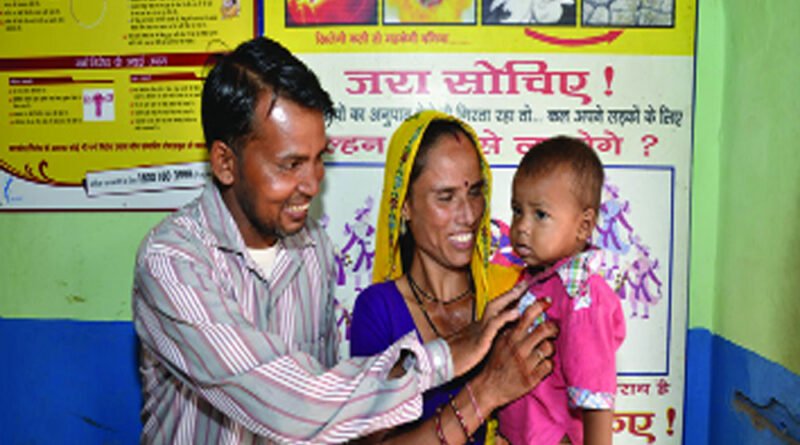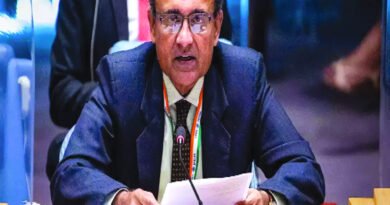Family man
It is high time men start participating in a rational conversation about family planning
Not even one among ten men uses condoms in India. Hardly any men go for sterilisation. In contrast, sterilisation is the preferred contraception method among women. Around four in ten women undergo sterilisation. These are some of the revelations of the National Family Health Survey-5 that examines male and female attitudes to safe sex and avoiding pregnancy in India. Women prefer sterilisation over other methods of contraception like pills, injectables and intrauterine devices. In 23 States and Union Territories of the country, condom use is less than 10 per cent. Uttarakhand has the highest condom use at 25.6 per cent. The only silver lining is the use of condoms has gone up by around four per cent since the last health survey. The onus of avoiding pregnancy still falls on women in India. They go through the biological process of bearing a child and giving birth and on top of it are made responsible for ‘family planning’. Male engagement in family planning is extremely limited and dismaying. Given the low condom usage and a negligible number of vasectomies done, men seem to be simply unwilling to share the responsibility of family planning. In rural areas, where lack of education is still glaring and women are unemployed, they often come forward to get sterilised arguing that a vasectomy can weaken their men, the family’s only breadwinners.
Unfortunately, the public health campaigns on family planning engage more with women than men. In both rural and urban India, men often refuse sterilisation, even though it is safe and simple, because of misconception that it affects their virility. Similarly, their ideas of patriarchy and pleasure make them forego the use of condoms. Both men and women are even today ignorant about the need to use contraception, seeing it merely as a tool to avoid pregnancy rather than for delaying or spacing children. The only way to change these perceptions is through interactive national campaigns that make men reassess their attitudes. The Government has to play a proactive role to make men return to the contraception conversation. Memories do not fade easily and people are aware of the dark days of the Emergency when in 1976, about 6.2 million men were forcibly sterilised, around 2,000 died in botched up operations, and police action against protesting victims led to many more deaths. The family planning programme has never been holistic, wavering, in phases, between sterilisation and contraception, birth control and population control, sterilisation of men and sterilisation of women, or linking large families with national instability. In 21st century India, permanent sterilisation can no longer shape the family planning programme. It is not about population explosion either as the total fertility rate has dropped to 2.0 in 2019-2021, compared with 2.2 in 2015-2016. It is about making men and women participate in a rational conversation about planning their families rather than promoting a bureaucratic agenda to control the population.
Source: The Pioneer




